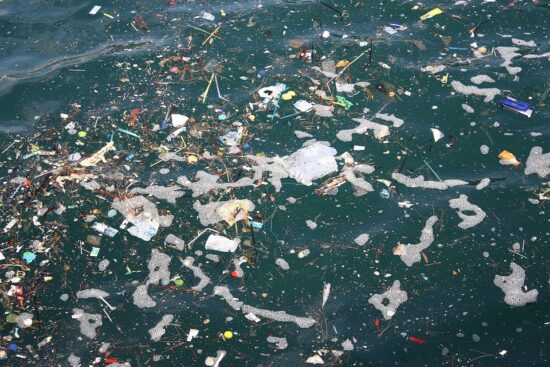Plastic leachate exposure drives antibiotic resistance and virulence in marine bacterial communities
Plastic pollution is a serious global problem, with more than 12 million tonnes of plastic waste entering the oceans every year. Plastic debris can have considerable impacts on microbial community structure and functions in marine environments, and has been associated with an enrichment in pathogenic bacteria and antimicrobial resistance (AMR) genes. However, our understanding of these impacts is largely restricted to microbial assemblages on plastic surfaces. It is therefore unclear whether these effects are driven by the surface properties of plastics, providing an additional niche for certain microbes residing in biofilms, and/or chemicals leached from plastics, the effects of which could extend to surrounding planktonic bacteria. Here, we examine the effects of polyvinyl chloride (PVC) plastic leachate exposure on the relative abundance of genes associated with bacterial pathogenicity and AMR within a seawater microcosm community.
AMR NEWS
Your Biweekly Source for Global AMR Insights!
Stay informed with the essential newsletter that brings together all the latest One Health news on antimicrobial resistance. Delivered straight to your inbox every two weeks, AMR NEWS provides a curated selection of international insights, key publications, and the latest updates in the fight against AMR.
Don’t miss out on staying ahead in the global AMR movement—subscribe now!





